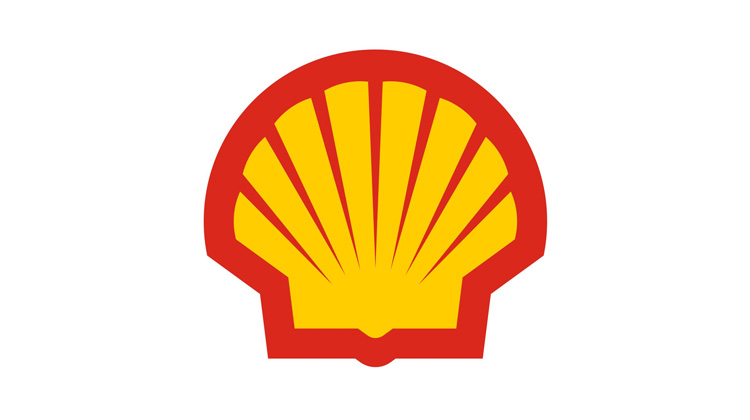Shell’s Q1 2025 Profit Decline: A Deeper Dive into Market Dynamics and Strategic Shifts
Royal Dutch Shell, the British multinational oil and gas giant, reported a significant decline in its first-quarter 2025 profits, attributing the drop to weakened oil prices and challenging market conditions. The company’s net profit attributable to shareholders plummeted by 35%, falling to $4.8 billion compared to $7.4 billion in the same period of the previous year. This decline reflects a broader trend in the energy sector, with other major players like BP also experiencing substantial profit reductions. The downturn comes amidst concerns over global economic growth prospects impacted by ongoing trade tensions and geopolitical uncertainties, which have weighed heavily on oil demand and, consequently, prices.
Several factors contributed to the decline in Shell’s profitability. The most prominent driver was the slump in crude oil prices, attributed to fears of a global economic slowdown triggered by escalating trade disputes, particularly those initiated by the US. These trade tensions dampened global economic activity, reducing demand for oil and exerting downward pressure on prices. This situation presented a challenging backdrop for oil and gas companies, as their revenues are directly linked to the prevailing market prices of these commodities. Moreover, refining margins, the difference between the cost of crude oil and the price of refined products like gasoline and diesel, also narrowed, further squeezing profitability.
Despite the substantial decline in profits, Shell managed to surpass analysts’ expectations, primarily due to cost-cutting measures and operational efficiencies. The company’s ability to deliver better-than-expected results despite adverse market conditions underscored its resilience and adaptability. Coupled with these better-than-projected figures, Shell also announced substantial shareholder payouts, including a $3.5 billion share buyback program. This move signaled confidence in the company’s long-term prospects and its commitment to returning value to investors. Shell’s Chief Executive, Wael Sawan, expressed confidence in the company’s ability to navigate the challenging market environment, emphasizing the share buyback program as a testament to their financial strength.
The weakening oil price environment is not a new challenge for Shell. In 2024, the company faced a similar situation, with annual net profit falling by 17%. This recurring challenge prompted a strategic shift within the company, marked by a recalibration of its climate objectives and a renewed focus on oil and gas operations to bolster profitability. This strategic pivot was mirrored by other oil majors, including BP, as they prioritized maximizing returns from their core hydrocarbon businesses in response to the challenging market conditions. This shift also reflects a response to investor pressure for higher returns in the face of uncertainty surrounding the speed and trajectory of the energy transition.
One of the most significant changes in Shell’s strategy was the decision to scale back its investments in renewable energy projects, particularly offshore wind. In 2024, Shell announced it would no longer lead the development of new offshore wind projects, signaling a reduced emphasis on this segment of the renewable energy market. This decision underscored the company’s commitment to maximizing returns from its traditional oil and gas operations, even if it meant slowing down its transition towards cleaner energy sources. This move sparked debate about the balance between short-term profitability and long-term sustainability goals within the energy industry.
This strategic shift by Shell mirrors a broader industry trend. BP, another major oil and gas company, also experienced a significant decline in profits in the first quarter of 2025, with net profit plummeting by 70% to $687 million. Similar to Shell, BP attributed its profit decline to weaker gas sales and lower refining margins. These parallel experiences within the industry highlight the common challenges faced by oil and gas companies in a fluctuating global energy market, underscored by economic uncertainties and evolving energy transition dynamics. Both Shell and BP’s experiences signify the complexities of balancing short-term financial performance with long-term strategic objectives related to the energy transition.


